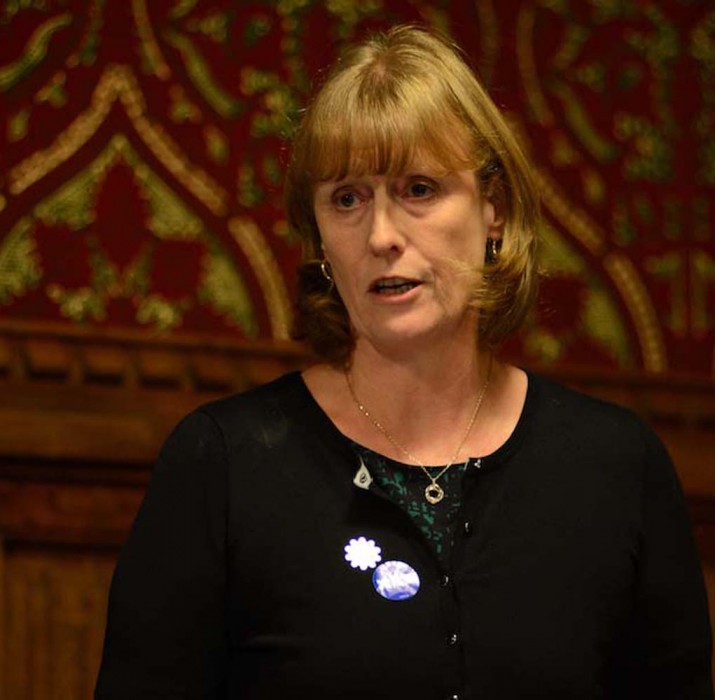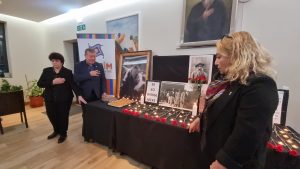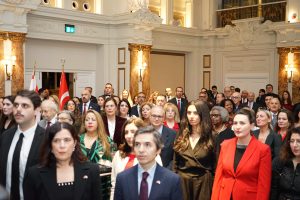Kurdish Progress tackled Sharia
The Centre for Kurdish Progress in partnership with organisations Culture Project, One Law for All, Centre for Secular Space

Joan Ryan.
The Centre for Kurdish Progress in partnership with organisations Culture Project, One Law for All, Centre for Secular Space, Southhall Black Sisters, Iranian and Kurdish Women’s Rights Organisation and British Muslims for Secular Democracy organised a public forum on 7 November 2016 in the House of Commons.
Joan Ryan MP for Enfield North kindly hosted this event and opened the discussion.
This event was chaired by Raife Aytek, Director of the Centre for Kurdish Progress.
Speakers were Maryam Namazie, Dr. Savin Bapir-Tardy, Houzan Mahmoud, Yasmin Rehman, ‘Gina Khan, Pragna Patel and Gita Sahgal.

Joan Ryan MP opened the event by condemning the arrest and detention of the two co-leaders of the pro-Kurdish Peoples’ Democratic Party in Turkey along with a number of their parliamentary colleagues. She also added that Kurdish forces in both Iraq and Syria had a key role to play in the reconstruction of both countries and in defeating Islamic State. On the topic of Sharia law in Britain, she discussed the work of a parliamentary commission in Britain into researching the function of Sharia councils in the country, and commented that women can at times face discrimination in battles over custody and divorce settlements.
Ryan also praised British Prime insisted Theresa May’s recent comments that religion had an important role in the lives of many people in Britain, but that there should only be one rule of law for all citizens.
Maryam Namazie began her speech by stating her disappointment that Sharia councils exist in Britain as she had fled such institutions in Iran. She argued that these councils can restrict the rights of women in various ways including the value of their testimony as less than that of a man and also the right of men to divorce the unilaterally.
Namazie also discussed the single-minded and narrow Islamist interpretation of Sharia, which leads to Islamist movements targeting women first.
Namazie continued arguing that Islamists in Britain are gradually attempting to implement their interpretation of Sharia concepts for family law, and hope ultimately to implement criminal approaches in an Islamist polity. She added that these approaches have led to endorsements and support for marital rape and domestic violence which Islamists disguise with semantics. She was critical of the British government approached these courts, that women choose to go to them and believe they are legally binding, despite not being so. She called for the abolition of Sharia courts in Britain as a means of promoting legal equality for all citizens, and especially ethnic minority women.
Sahgal also commented on events in Pakistan, which does have regulated official Sharia systems has also allowed Islamist groups to use their own parallel legal bodies by classifying them as local legal systems. She commented that these groups employ very similar language to those operating in parallel systems in Britain. She concluded by praising the present example of Kurdish secularism and before that the work of Bangladeshis who as pious Muslims following their own struggle in the 1970s and established a secular constitution.









